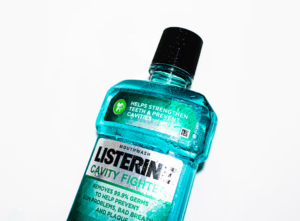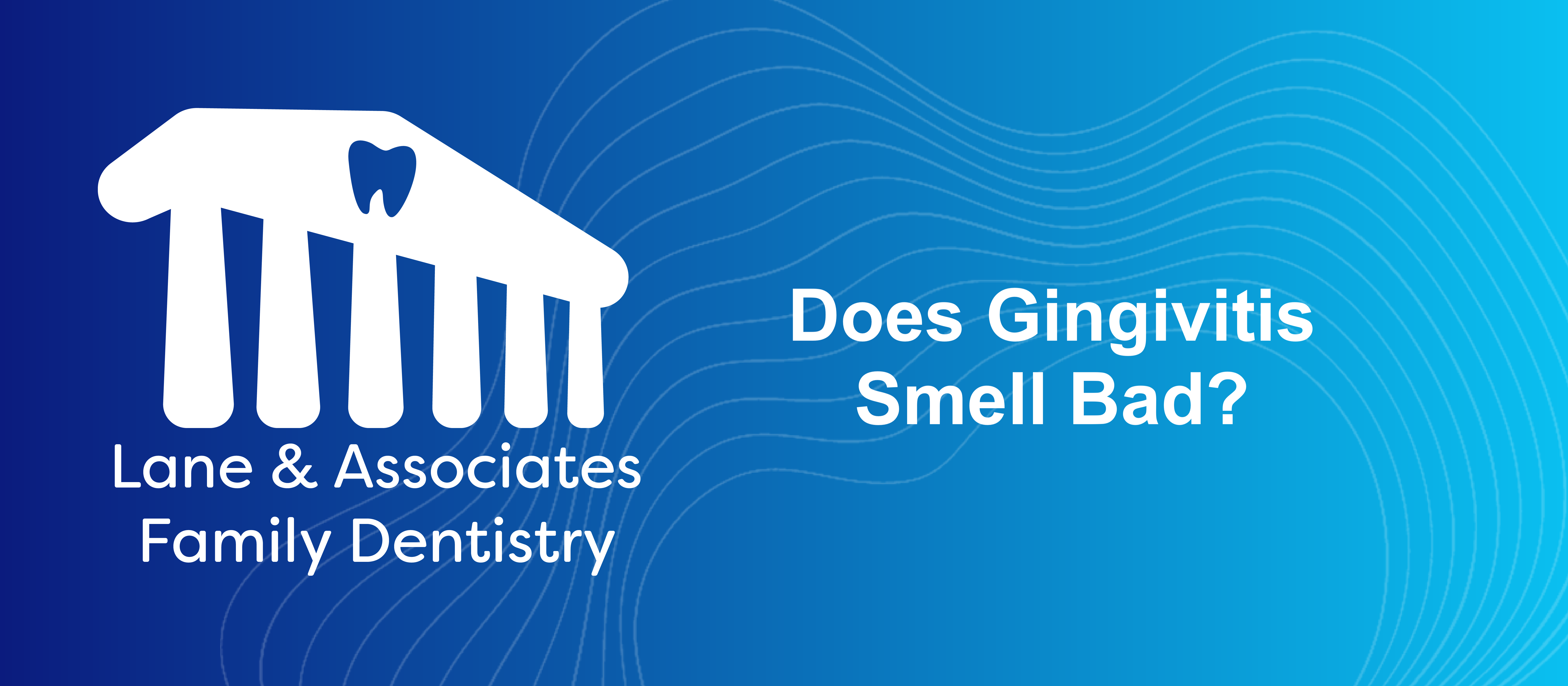It’s possible that your gingivitis may cause your breath to smell bad. This is because the bacteria that cause gingivitis can release foul-smelling chemicals. If you have gingivitis, be sure to brush and floss your teeth regularly to remove the bacteria and help prevent bad breath.
What Does Gingivitis Smell Like?
Gingivitis can cause your breath to smell like sulfur or rotten eggs. This is because of the bacteria in your mouth releasing chemicals that smells like these things. If you have gingivitis, you may also notice that your gingiva, or gums, are red and swollen. You may also bleed when you brush or floss your teeth.
Gingivitis is a mild form of periodontal disease and is often reversible with good oral hygiene. However, if left untreated, it can progress to more serious forms of periodontal disease. If you have any of these symptoms, be sure to see your dentist so that they can diagnose and treat the problem.
Can Other People Smell Gingivitis?
Yes, other people can sometimes smell gingivitis. The bacteria that cause gingivitis produce foul-smelling chemicals, which can lead to bad breath, or halitosis. This unpleasant odor can be noticeable to others, especially if the gingivitis is severe or left untreated.
What Does Periodontitis Smell Like?
Periodontitis, a more advanced stage of gum disease that follows gingivitis, can also cause bad breath. The smell is often described as worse than that of gingivitis, sometimes resembling rotting meat or a metallic odor. This is due to the increased bacteria and infection present in the mouth as the disease progresses.
How Do You Know if Gingivitis Is Bad?
Gingivitis is considered bad when it leads to noticeable symptoms that affect your daily life. Signs that your gingivitis may be severe include:
- Persistent Bad Breath: If you have a constant bad breath that doesn’t go away even after brushing and flossing, it may be a sign of severe gingivitis.
- Red, Swollen Gums: Healthy gums should be pink and firm. Red and swollen gums are a sign of inflammation.
- Bleeding Gums: If your gums bleed easily when you brush or floss, this is a common sign of gingivitis.
- Tender or Painful Gums: Gums that are sore or painful to the touch can indicate a more serious level of gingivitis.
If you notice any of these symptoms, it’s important to see your dentist for an evaluation and treatment plan.
How Can You Treat Gingivitis?
Treating gingivitis involves maintaining good oral hygiene and visiting your dentist regularly. Here are some steps to help treat and prevent gingivitis:
- Brush Twice a Day: Use a soft-bristled toothbrush and fluoride toothpaste to brush your teeth at least twice a day.
- Floss Daily: Flossing helps remove plaque and food particles from between your teeth and under the gumline.
- Use Mouthwash: An antimicrobial mouthwash can help reduce bacteria in your mouth.
- Regular Dental Checkups: Visit your dentist regularly for professional cleanings and checkups.
- Healthy Diet: Eat a balanced diet and limit sugary snacks and drinks.
By following these steps, you can help reverse gingivitis and prevent it from progressing to more serious gum disease.
Can You Get Rid of Gingivitis Smell?
One of the best ways to get rid of bad breath caused by gingivitis is to reverse the condition by brushing and flossing regularly. This will remove the bacteria from your mouth and help to reduce the amount of foul-smelling chemicals. You may also want to use a mouthwash to help freshen your breath.

If you have gingivitis, be sure to see your dentist so that they can diagnose and treat the problem. In some cases, you may need to have a professional cleaning to remove the tartar buildup on your teeth. You may also need to use a medicated mouthwash or toothpaste. If your gingivitis is severe, you may need to have surgery to correct the problem.
No one wants to have bad breath, but if you have gingivitis, it’s important to seek treatment so that the condition doesn’t progress to something more serious. By practicing good oral hygiene and seeing your dentist regularly, you can help keep gingivitis under control and keep your breath smelling fresh.
What Causes Gingivitis?
The primary cause of gingivitis is poor oral hygiene. This means that you are not brushing and flossing your teeth regularly, or that you are not doing a good enough job when you do brush and floss. Plaque is a sticky film of bacteria that forms on your teeth. If plaque is not removed, it can harden into tartar, which is more difficult to remove. Tartar can irritate your gums, making them red, swollen, and more likely to bleed.
Contact Lane and Associates
If you are experiencing bad breath and you believe that it is due to gingivitis, contact Lane and Associates. We can help you determine the cause of your bad breath and develop a treatment plan to improve your oral health. We have multiple offices located across the state of North Carolina.


